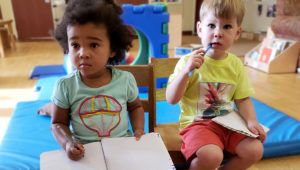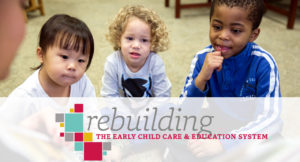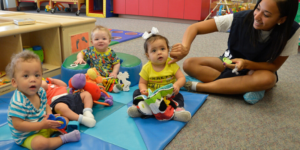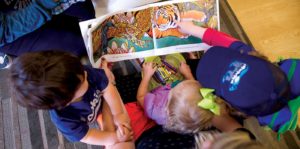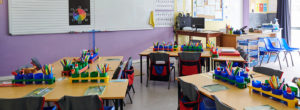
There are many misconceptions about school absenteeism. This new study from the Crane Center shows that early absences do matter, and in ways we may not have considered. Read here for a summary of the findings and for a link to the full published research.


